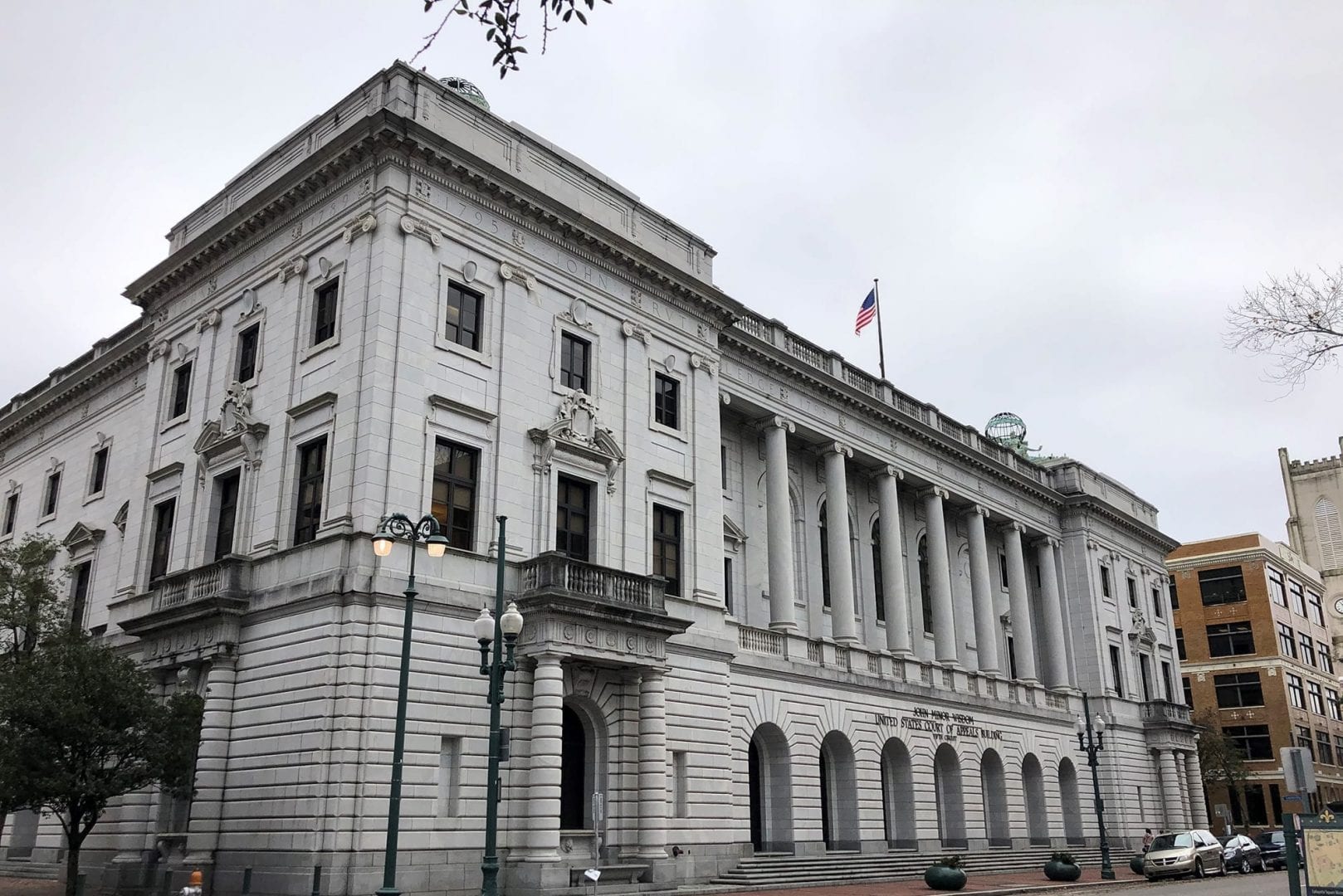
U.S. 5th Circuit Court of Appeals.
NEW ORLEANS (BP) — The appeal of the dismissal of a civil suit against Southwestern Baptist Theological Seminary (SWBTS) and its former president, Paige Patterson, is now involving the Texas Supreme Court.
The U.S. Court of Appeals for the Fifth Circuit certified two questions to the Texas Supreme Court on May 3. While agreeing with the District Court for the Eastern District of Texas “in part” in the case’s dismissal, the circuit court asked the state’s high court to weigh in on the following:
- Can a person who supplies defamatory material to another for publication be liable for defamation?
- If so, can a defamation plaintiff survive summary judgment by presenting evidence that a defendant was involved in preparing a defamatory publication, without identifying any specific statements made by the defendant?
Those two questions involve two items — a press release from Patterson’s lawyer and a letter submitted by SWBTS donors to the seminary’s board of trustees. The plaintiff, a former student identified in the case as Jane Roe, claims that Patterson and SWBTS failed to protect her from rape by another student and defamed her afterward.
The press release stated that Roe “had given … many contradictory statements.” While the circuit court agreed that the statement could be construed as defamatory, it said Roe failed to prove damages resulting from that statement, which is why it agrees with the district court’s granting of summary judgment to Patterson and Southwestern.
In the instance of the letter to trustees, the role of Patterson to his then-chief of staff, Scott Coulter, comes into question. The circuit court saw it differently than the district, saying that evidence in the latter’s summary judgment actually “creates a genuine issue over whether Colter was indeed acting as Patterson’s agent and ‘for the accomplishment of the objective of the agency,’” through instances such as routing the letter to Patterson’s lawyer for approval and extending appreciation to the group later on behalf of Patterson and his wife, Dorothy.
However, the circuit court also said it was “less clear” if Patterson is liable for the statements in the letter to trustees.
There is no “direct authority from the Texas Supreme Court” on liability toward a person who supplies defamatory information to a third party that is then published. And although there is evidence Colter operated on behalf of Patterson, the circuit court noted, Roe’s argument stopped short of saying Colter actually made the statements, whether through writing them directly in the letter or providing them to others.
“What she seems to argue is that, because Colter helped with the letter, he is responsible for defamatory statements contained therein,” said the court.
“We are uncertain whether this is enough to assert and maintain a defamation claim under Texas law.”
The suit was originally filed in 2019 before last year’s dismissal. A three-judge panel at the Fifth Circuit of Appeals heard the case on April 3.
(EDITOR’S NOTE — Scott Barkley is national correspondent for Baptist Press.)


